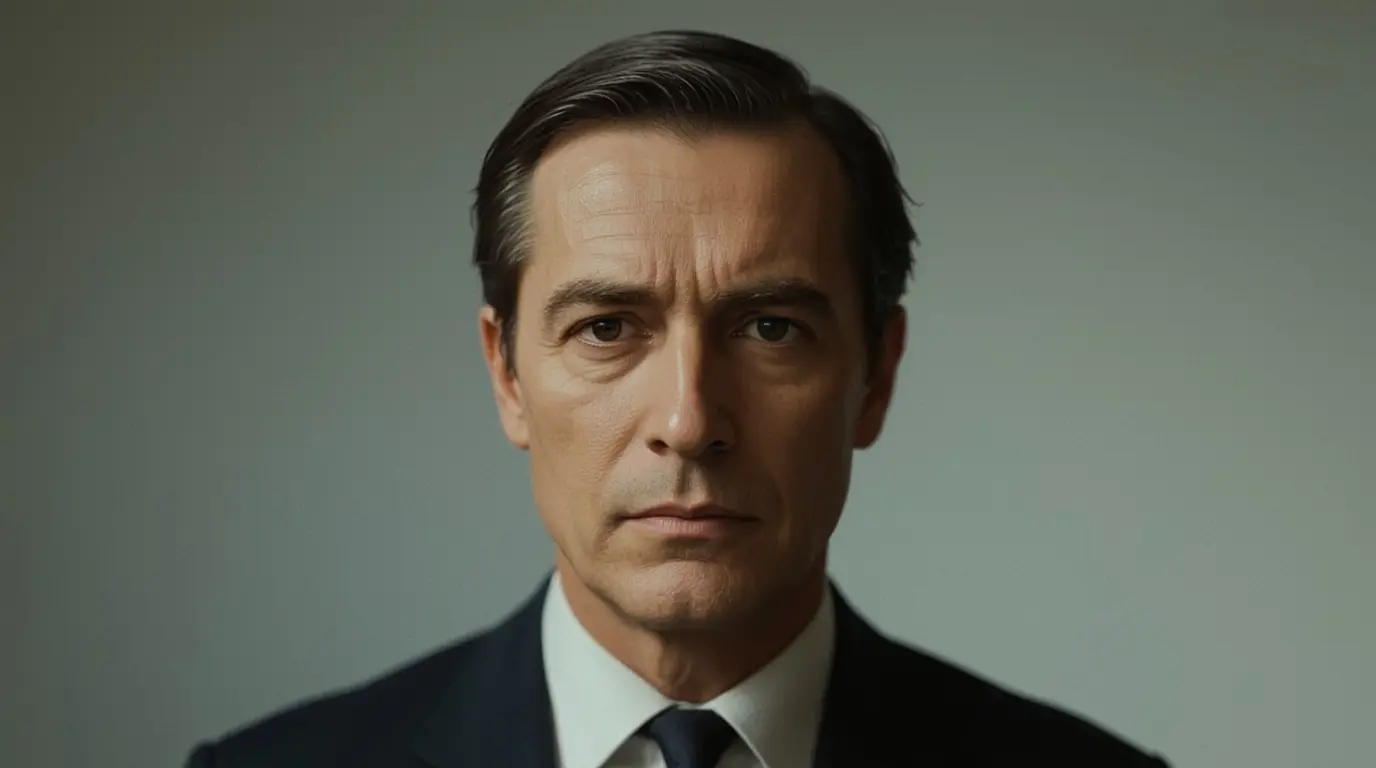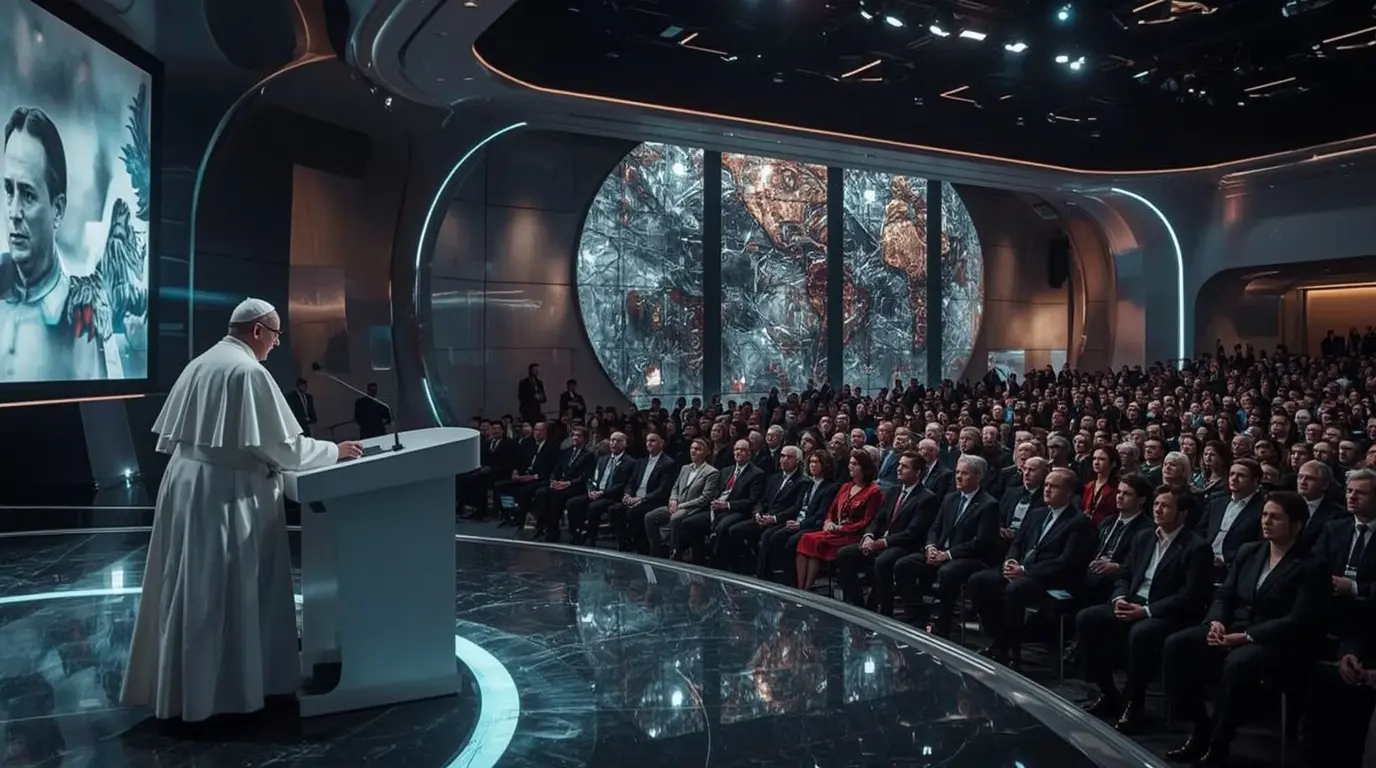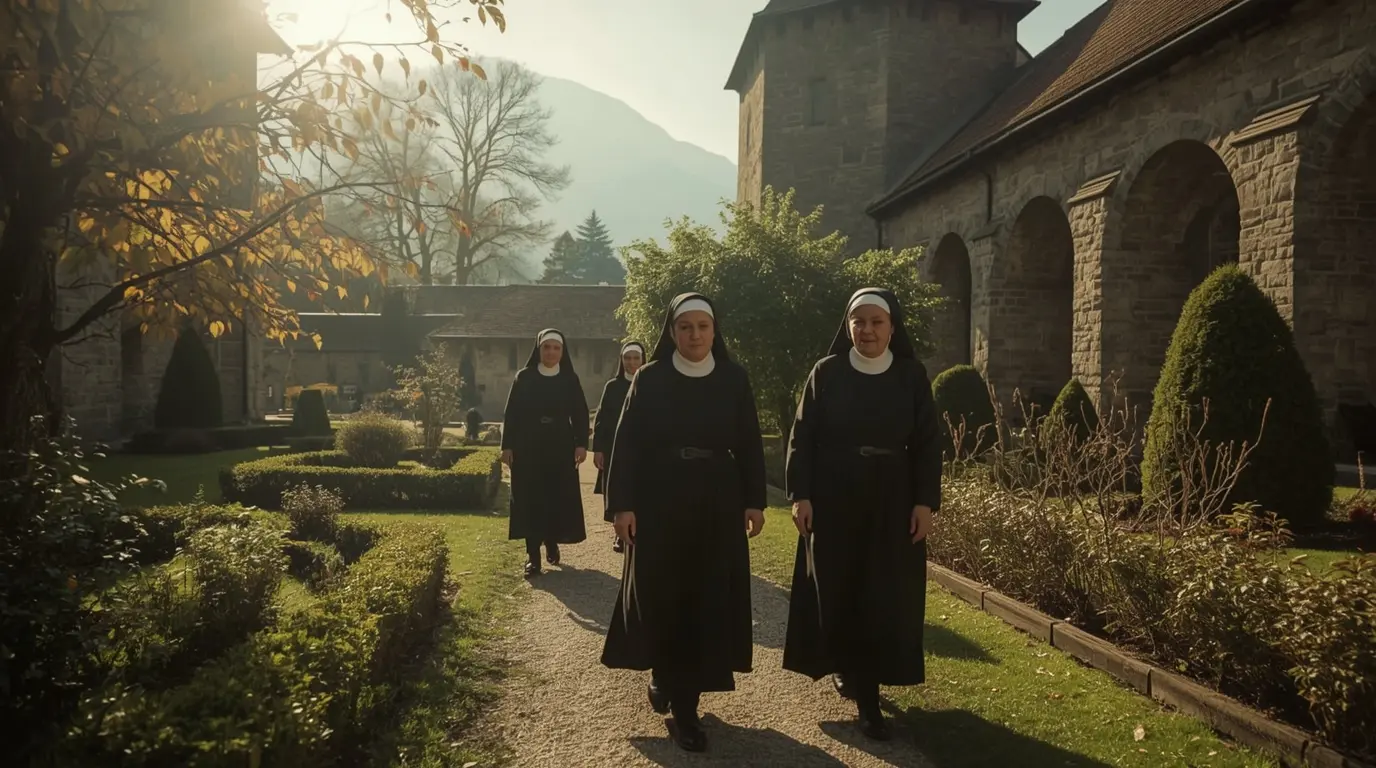Introduction
France stands at the edge of an abyss. Prime Minister François Bayrou is expected to lose the confidence vote on Monday, and the country is now dealing with a political deadlock that hasn’t been seen since Charles de Gaulle established the Fifth Republic in 1958. This paralysis is widening the gap between the French people and their representatives, a gap that undermines economic security and the democratic edifice painstakingly built by de Gaulle. We provide a detailed examination of how France’s current crisis mirrors earlier conflicts and how those seams, once reinforced, now threaten to break.
Historical Context: de Gaulle’s Vision Under Threat
Charles de Gaulle created modern France and built the Fifth Republic to guarantee a strong executive and a united nation. His constitutional design gave a powerful presidency the scope to break partisan deadlock—yet that design is now quaking. Four different prime ministers have ruled in the past three years, a pattern that Charles de Gaulle sought to bury. His command during World War II and the Cold War was marked by endurance, but today’s governments appear ensnared in a continuous loop of stalemate and popular distrust.
The Immediate Crisis: Bayrou’s Risky Move Turns Sour
Prime Minister François Bayrou’s call for a confidence vote on his budget cuts has exploded in his face. The €44 billion plan to shrink France’s debt—built around freezing welfare and canceling public holidays—drew ire from every party. If Bayrou goes down, it will be the second cabinet crisis in less than a year, showing a government that can’t stop wobbling. President Emmanuel Macron, who was hailed as the safe, modern de Gaulle, now leads a parliament so splintered that none of the left, right, or center can claim a real majority.
Economic Strains: France on the Edge of the Abyss
The crisis has deep roots in France’s failing finances. The budget deficit is edging toward 5.6% of GDP, and public debt has ballooned to 114% of GDP, forcing Brussels to keep scolding Paris for reckless management. Bayrou’s budget cuts were a last gamble to keep credit agencies and Wall Street from losing trust, but if he falls, the very borrowing costs the government fears will shoot up, dragging the entire eurozone closer to a meltdown. It is bitter irony: the same France that once sold the idea of a united Europe now stands as the single biggest threat to keeping that idea afloat.
Public Anger: The People Versus the Politicians
Away from the TV cameras and the parliamentary grandstanding, citizens are banding together under the banner of “Block Everything.” Their plan? Nationwide street protests, a déjà vu of the 2018 Yellow Vest marches. Jonathan Denis, a tireless health rights campaigner, put it plainly: “Sick people who are suffering will find this catastrophic.” His voice isn’t isolated; it echoes a wider feeling that politicians care more about stuffing their pockets than serving the public. This is a painful contradiction of the words Charles de Gaulle once made famous, where duty to the nation always outweighed personal gain.
The Rise of the Far Right
In the chaos, far-right forces are burying their roots deeper. Marine Le Pen’s National Rally (RN) is mastering the game. Recent polls claim its anti-immigrant, make-our-economy-great agenda is gaining traction. Jordan Bardella, the party’s new face, flits from boardroom to bakery, promising the moon to company bosses and kitchen-table voters alike. Now, the Argentina-born myth of a powerful, sovereign France that de Gaulle once championed is twisted and used by the very edges he once burned. An RN MP didn’t mince words: “We will not back down; we are determined to win.”
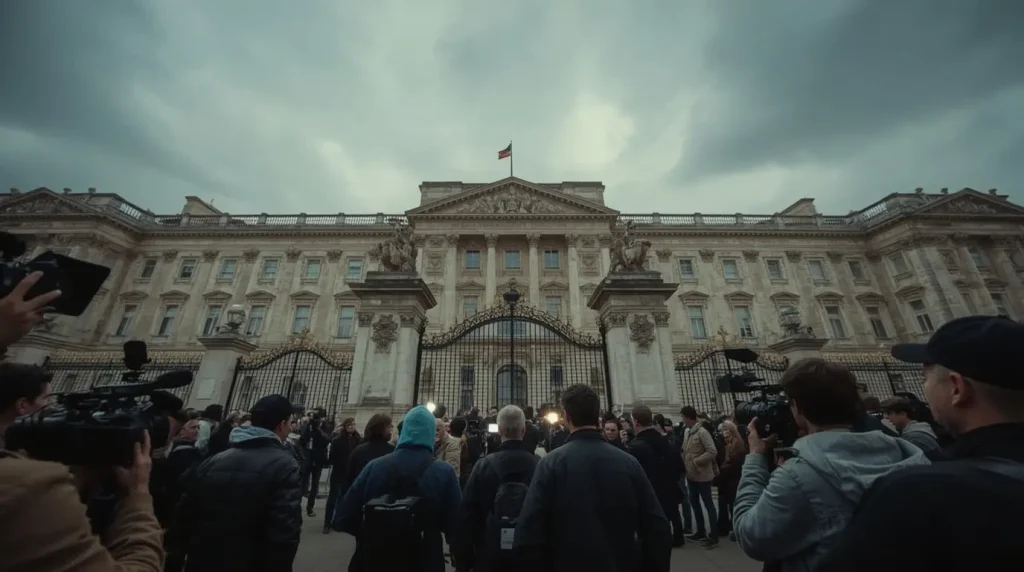
International Repercussions
France’s turmoil could hardly arrive at a worse moment for Europe. With fighting still raging in Ukraine and the Levant, Macron’s administration has been a critical diplomatic player. Yet raging protests and political deadlock now threaten to pull Paris off the world stage—a prospect Charles de Gaulle would never have tolerated. Bond markets are shifting, and other EU capitals are already worried contagion could cross the Rhine.
Constitutional Dilemmas: de Gaulle’s System Tested
The Fifth Republic has a powerful presidency—but that strength collapses when the president and the assembly refuse to cooperate. Macron’s failure to build a steady governing majority exposes a flaw the system was never meant to reveal. Choices are grim: new elections could countenance a stronger far-right bloc, while a centrist-left coalition might feel hollow to the electorate and unsustainable in practice.
Conclusion: A Nation at a Crossroads
France’s upheaval is not a mere political brawl, but a trial of the endurance of de Gaulle’s Republic. As a caretaker leader now signs resignation papers, de Gaulle’s shadow grows: a specter of the might France could have, and never quite escapes. A narrow road remains, but only a fresh will to unity, failed principles at the heart of its original design, and audacity to meet its errors, can steer the Republic past the precipice.
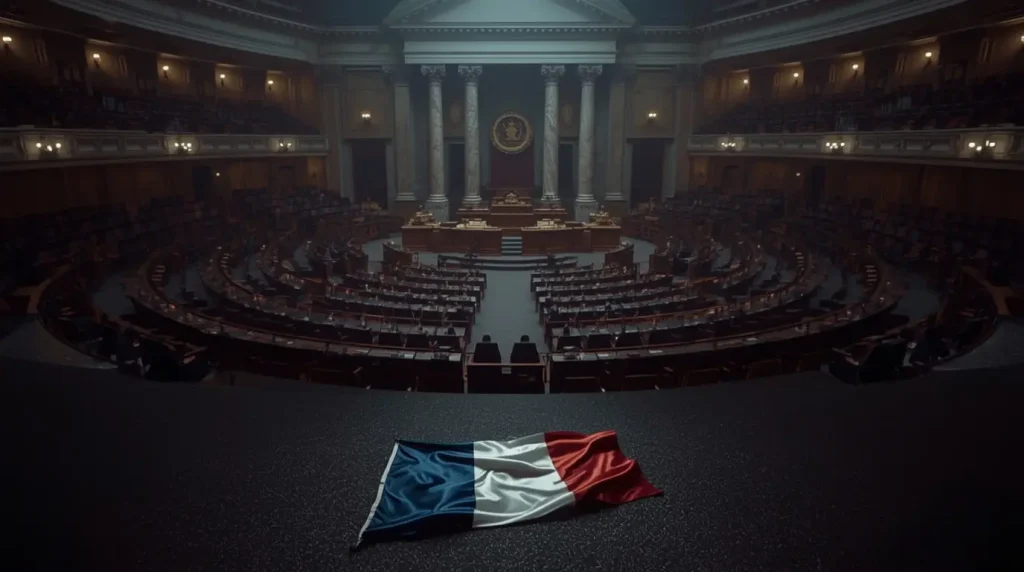
Source: https://edition.cnn.com/2025/09/07/europe/emmanuel-macron-france-president-government-crisis-intl
For more incredible stories of everyday news, return to our homepage.


